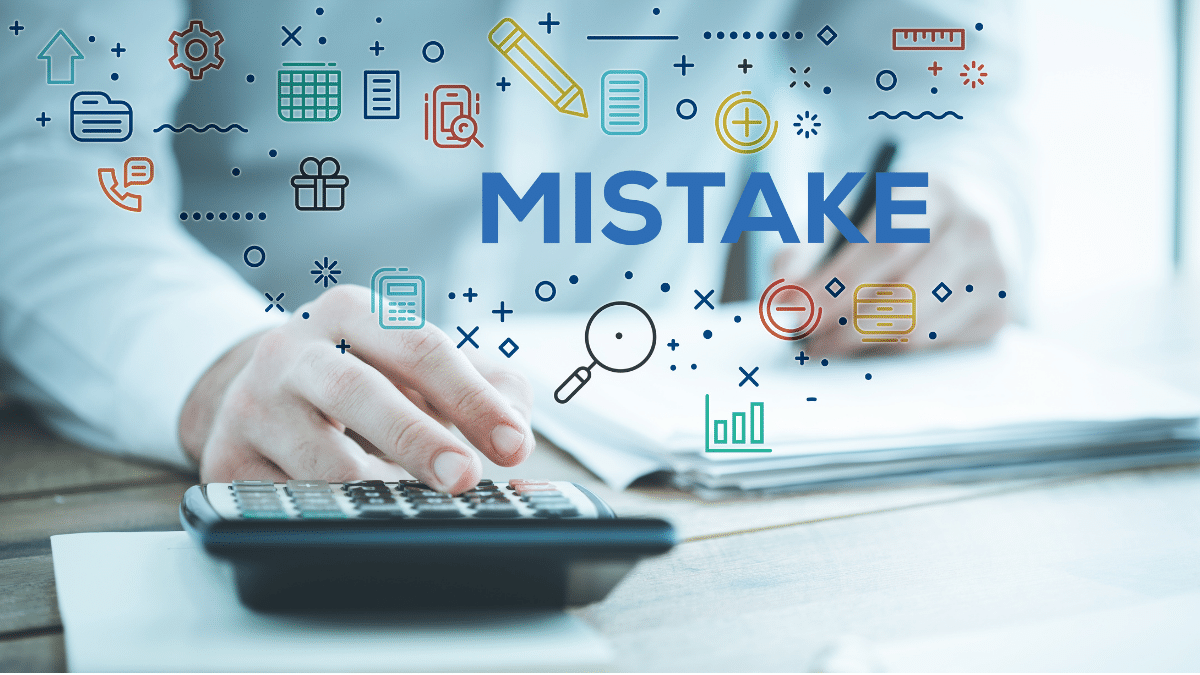Top 10 Personal Finance Mistakes South Africans Make—and How to Avoid Them

Ever wondered why your bank balance feels like it’s on a rollercoaster, even when you’re earning decently?
You’re not alone.
Personal finance South Africa, budgeting tips, debt management, savings strategies, and retirement planning.
Managing money isn’t always about how much you make. It’s more about how you manage Personal finance in South Africa. Remember that in South Africa, many people fall into similar financial traps, and the sad truth is that most of these could be avoided with just a little foresight.
Let’s walk through the top 10 personal finance mistakes South Africans often make—and how you can dodge them like a pro.
1. Living Beyond Your Means
This is hands down the biggest mistake.
From brand-new cars to overseas holidays—many of us are spending money we simply don’t have. Credit cards and personal loans make it feel easy, but the long-term pain is real.
How to avoid it:
- Track every rand coming in and going out.
- Ask yourself: “Do I need this, or do I just want it?”
- Use a budgeting app to stay in control.
This is where solid budgeting tips can change your life. Start small and stay consistent.
2. No Emergency Fund
Life happens. Unexpected medical bills, car repairs, or losing your job can knock you flat—if you’re not prepared.
Sadly, most South Africans don’t have even one month’s worth of expenses saved up.
How to avoid it:
- Aim to save 3–6 months of living expenses.
- Start with just R100 a week—every bit counts.
- Open a separate account and don’t touch it unless it’s a real emergency.
This is one of those crucial savings strategies that creates peace of mind.
3. Relying Too Much on Credit
Swipe now, worry later? We’ve all been there.
But depending too heavily on credit can snowball fast—especially with interest rates climbing.
How to avoid it:
- Don’t use credit for things like groceries or fuel.
- Always pay more than the minimum amount due.
- Keep your credit utilization below 30%.
Solid debt management starts with discipline and a plan.
Read More- Creating a Budget That Works for You in South Africa
4. Not Having a Budget

You can’t manage what you don’t measure.
Not having a budget is like driving with your eyes closed.
How to avoid it:
- Write down all your income and expenses.
- Categorize your spending (e.g. food, transport, rent).
- Use tools like 22seven or Excel spreadsheets.
Good budgeting tips are the heartbeat of smart financial planning.
5. Ignoring Retirement Planning
Retirement may feel like it’s decades away—but it sneaks up on you.
Relying solely on a government pension (like SASSA) will not be enough.
How to avoid it:
- Start saving as early as possible—even if it’s just R500 a month.
- Use a tax-free savings account (TFSA) or a retirement annuity.
- Speak to a certified financial planner.
Retirement planning is a long-term gift to your future self.
6. Not Teaching Kids About Money
If you’re not teaching your children about money, TikTok and influencers will.
Financial literacy needs to start at home.
How to avoid it:
- Give kids pocket money and teach them to budget it.
- Show them how to save for something they want.
- Talk openly about money decisions.
This builds a generation of financially savvy adults.
You may also like: Beginner’s Guide to Financial Literacy in South Africa (Free Course Inside)
7. Falling for Get-Rich-Quick Schemes
From WhatsApp stokvels to Bitcoin scams—fraudsters are getting smarter by the day.
If it sounds too good to be true, it probably is.
How to avoid it:
- Always research before investing in anything.
- Stick to regulated financial advisors and platforms.
- Beware of anything promising “guaranteed” returns.
Slow and steady wins the wealth race.
8. Neglecting Insurance
Many South Africans don’t have life cover, medical aid, or car insurance.
Until disaster strikes—and it’s too late.
How to avoid it:
- Prioritise essential coverage first: life, car, and home contents.
- Compare providers to get the best deal.
- Revisit your policies once a year to make sure they still match your life stage.
Think of insurance as your financial seatbelt.
9. Not Reviewing Bank Fees
South Africans often lose hundreds—or even thousands—of rands a year to sneaky bank charges.
How to avoid it:
- Read your bank statements monthly.
- Switch to a bank account that suits your usage.
- Avoid ATM withdrawals from other banks.
That’s money that could be better spent (or saved!).
10. Delaying Investment

Too many people think investing is “only for the rich.”
That’s a myth.
How to avoid it:
- Start with what you have—R500 a month is enough to begin.
- Consider ETFs or unit trusts with low fees.
- Reinvest your returns for long-term growth.
Investing is a powerful savings strategy that beats inflation over time.
Final Thoughts
Let’s be real. We all make money mistakes—especially when we’re just starting out.
The trick is to learn fast, adjust quickly, and never stop growing your financial knowledge.
If you’re in South Africa, you face unique challenges: high unemployment, inflation, and economic uncertainty. But you also have tools, resources, and community support to turn things around.
Start today.
Be honest with yourself. Take small steps. Celebrate every win—no matter how small.
And remember, personal finance in South Africa is a journey, not a destination.
Frequently Asked Questions Related To Personal Finance Mistakes
1. What’s the best budgeting method for South Africans?
The 50/30/20 rule is a solid starting point: 50% for needs, 30% for wants, and 20% for savings and debt management. Apps like 22seven or YNAB (You Need A Budget) can also help you stay on track.
2. How much should I have in an emergency fund?
Aim for 3–6 months’ worth of essential expenses. Start small and build it over time. Even R100–R500 a month makes a difference.
3. What are some beginner-friendly investment options in South Africa?
Try tax-free savings accounts (TFSAs), exchange-traded funds (ETFs), or unit trusts through platforms like EasyEquities or Satrix. These are great savings strategies that don’t require large upfront capital.
4. How can I pay off debt faster?
Focus on high-interest debt first using the avalanche method. Alternatively, the snowball method (smallest debt first) gives psychological wins. Either way, commit to paying more than the minimum every month.
5. When should I start saving for retirement?
Now! The earlier you start, the more compound interest works in your favour. Use retirement annuities or pension funds, and speak to a professional about retirement planning that suits your goals.





